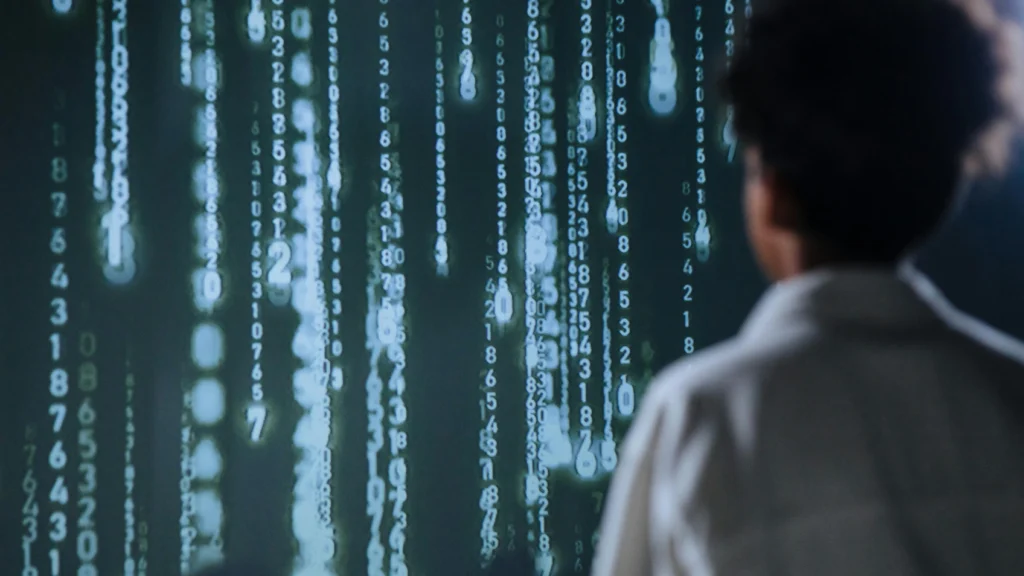Introduction
Creative work has always been seen as something deeply human — whether it’s writing poetry, designing art, or composing music. But with tools like ChatGPT, MidJourney, and AI video generators becoming more advanced, the big question arises: Can AI truly replace human creativity?
Context
AI is no longer just a machine doing calculations or following orders. It can now write stories, generate music, design logos, and even edit videos. Many industries — from advertising to filmmaking — are starting to adopt AI for creative tasks. This shift has sparked both excitement and fear: will AI support creators, or replace them entirely?
Arguments in Favour
- AI can generate original content faster: AI tools like DALL·E or Sora can create images, videos, or scripts in seconds. This speed is unmatched by human artists.
- Cost-effective for startups and creators: Not everyone can afford professional designers or writers. AI offers affordable solutions for small businesses or solo creators.
- AI learns from billions of examples: With access to massive datasets, AI can blend styles, trends, and formats better than a human mind ever could.
- Great support tool for creators: Many professionals now use AI to overcome creative blocks, get inspiration, or explore new directions.
- 24/7 availability and efficiency: AI doesn’t get tired, bored, or distracted — it keeps creating endlessly.
- AI enables hyper-personalization in content: AI tools can analyze individual preferences and tailor creative outputs accordingly — from custom marketing messages to personalized learning modules.
- Enhances accessibility to creativity: AI allows people with no formal training in art, music, or writing to express their ideas through user-friendly tools, breaking traditional skill barriers.

Also Read: Automated Cars – Boon or Risk?
Arguments Against
- AI lacks emotional depth and soul: Human creativity is often driven by personal experience, emotion, and consciousness — something AI does not possess.
- Risk of generic or repetitive outputs: AI works on patterns. It might produce content that looks creative but lacks originality or authenticity.
- Ethical concerns and plagiarism: Many AI tools generate content based on what they’ve “learned” from human artists — sometimes copying styles without credit.
- Creativity is about intuition and unpredictability: Humans often create by making mistakes, breaking rules, or thinking irrationally — something AI isn’t designed to do.
- Job loss in creative industries: If companies start replacing artists with AI tools, it could impact millions who depend on creative professions for their livelihood.
- Dependency can reduce human originality: Overreliance on AI may discourage people from developing their own creative thinking, resulting in a generation dependent on machines for ideas.
- Cultural and contextual sensitivity issues: AI often misses subtle cultural nuances and can unintentionally produce content that is insensitive, biased, or inappropriate for certain audiences.
Balanced Conclusion
AI is undeniably transforming the creative world — but rather than replacing human creativity, it’s more likely to reshape it. While machines can generate ideas, humans will still lead with emotion, depth, and originality. The future lies in collaboration, not competition, between humans and AI.
Quick Summary
- AI is fast, affordable, and great at remixing ideas
- But lacks human emotion, originality, and ethics
- Best used as a partner, not a replacement, in creative fields
FAQs
Q1. Can AI really write stories or poems like humans?
AI can write structured stories and rhymes, but it lacks personal emotion and depth, which are the soul of true creativity.
Q2. Is AI a threat to creative jobs?
It can be — especially in roles like copywriting or logo design — but new jobs are also emerging that blend tech with creativity.
Q3. Can AI become more creative than humans in the future?
AI might become more skilled at pattern recognition, but true creativity involves emotion, struggle, and lived experience — all uniquely human.

